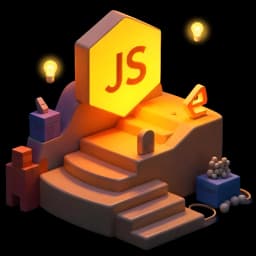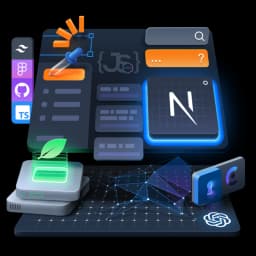Lifetime access to this course
Action Lesson: Create Question Model
 You've built a lot so far, but now it's time to dive deep into the heart of your Stack Overflow clone—the Questions. ### What Does a Question Need? 🤔 Before you start coding, ask yourself: what exactly does a question contain?
You've built a lot so far, but now it's time to dive deep into the heart of your Stack Overflow clone—the Questions. ### What Does a Question Need? 🤔 Before you start coding, ask yourself: what exactly does a question contain?
The rest of this lesson is waiting.
Join JS Mastery Pro to unlock it.
The Ultimate Next.js 15 Course
$599
Buy the Course OnlyBuild advanced web app
Certificate of completion included
Great for focused learners who just want this course





Get Full Access
$149 /month
Lock in a year & save—2 months free!
Access to all courses
Quizzes, mini-challenges, AI summaries, inline sandboxes
Participation in a private community
Build real production-grade apps
Mock interviews & project reviews
Weekly live sessions & member-only access